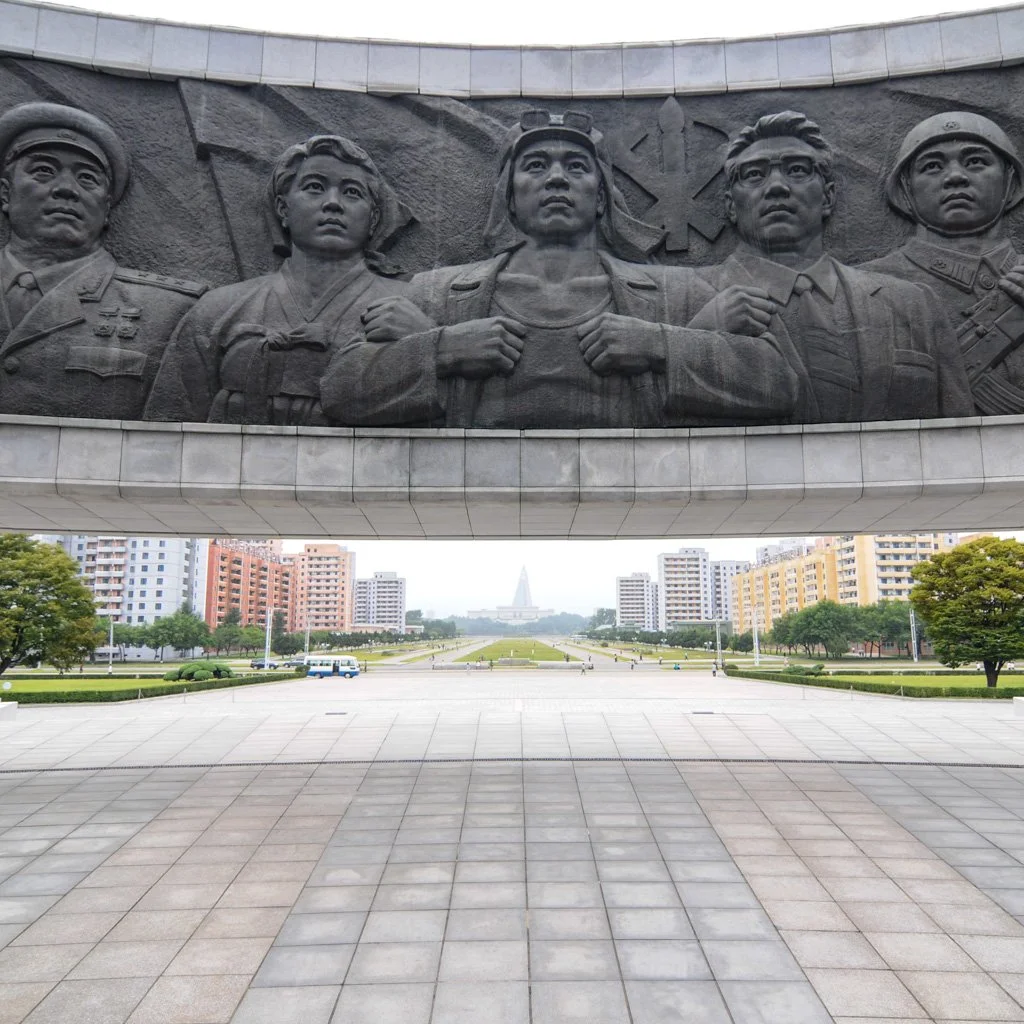(This is part 2 of a two part series by Calvin Chua. The first part can be found here.) Apart from delivering basic infrastructure, such as smooth roads, constant electricity and water supply, leaders in the DPRK need to rethink whether large-scale physical projects, especially for the tourism and service sector, are the only way to achieve their grand visions.
Instead of looking at fulfilling big quantitative targets, perhaps it is time they look towards small-scale quality interventions within the existing city as a possible alternative. These small projects could include short-term pop-up spaces that could host restaurants, cafes and exhibitions, common elements within the developed world but currently absent in North Korea.


